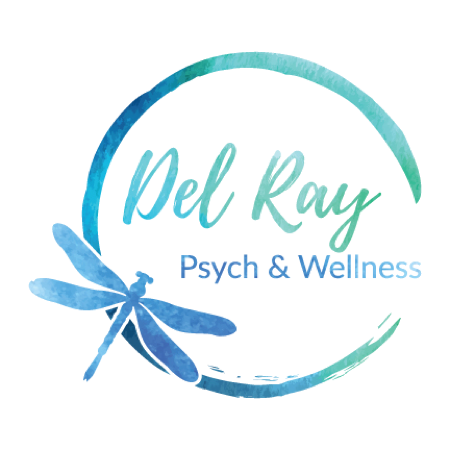Finding Peace in Conflict: How You Can Release From The Grip Of Distress In A Difficult Relationship
Relationships—whether friends, family, coworkers, romantic partners, neighbors, or even a random passerby—are a key part of the human experience. Life is made up of all different kinds of relationships, endless connections and disconnections, which can shape us as individuals and our environment. They can also be a limitless source of joy and energy while also being an endless pit of distress, pain, and anger.
While good, and even great, relationships can occur, there is something about a “not-so-good” relationship that really tends to evoke particularly strong emotions. Can you remember a time when just the mention of someone’s name or a quick flash of their face in your mind caused an almost immediate reaction of repulsion? Or perhaps the thought of having to gather for the holidays with some family members who you just don’t like?
What did you feel? Anger? Disgust? Fear? Avoidance? All of the Above?
These feelings can come on very strongly, verbally or non-verbally. Maybe you find yourself on a ten-minute-long rant about how much you can’t stand them. Perhaps you sit silently stewing about this person for an entire day. As much as you try to stop it, you just can’t seem to shake the feeling. The stress starts giving you headaches, your muscles are perpetually tense, and you can’t sleep properly. And worse yet, you get frustrated that this person can even make you this upset in the first place! We can find ourselves in this constant cycle, or grip of distress.
What can you do to find a little peace in the midst of these difficult connections? Here are a few things to consider:
It starts with a calmer you
very little productive thought processing can occur if you’re “seeing red.” If you’re riled up and stressed, your mind and body are both activated, your cortisol levels are likely to rise, and none of that is advantageous to your well-being. A leveled self, a calmer you, soothes that vagus nerve in your brain so you are not just in a constant state of “fight or flight.” If you have calming or grounding techniques that have worked for you in the past, utilize those in these moments. If you want to try a basic one, closing your eyes, placing your hand on your chest, and feeling yourself taking three long, deep breaths in and out is a starter.
Can I see something different in this person by practicing empathy?
Some of these relationships are ones we have to find a way to live with and cannot simply just discard. If you have to live with it, then you know that living in that constant state of distress is not beneficial for the long term. Is it possible to move from all-good or all-bad thinking and find a new perspective that perhaps mixes some good with the bad? While this may seem nearly impossible, the power of empathy in this case can break that constant cycle of distress through compassion and renewed understanding of the relationship. It challenges you to break free from the stranglehold the person might have on you by really sitting in how that person must really be feeling, from a place of true positive regard. The new perspective might just introduce new feelings and perhaps start a different path forward in this relationship.
What expectations did I have, and now what do I want?
In all relationships, we hope to be treated a certain way. Though it may be informed by past relationships, we still will have these expectations, and if they are not met, it can lead to disappointment, anger, and eventually disconnection. Is there a part of you that also feels sad about a relationship that has constantly made you feel angry? What would that sad part say to the part that always got angry? You’re allowed to grieve these missed expectations with the part of you that feels this sadness. Are you able to identify your needs and wants in a relationship? Can you define new expectations that seek a sense of mutuality and safety within the relationship? Renewed expectations may also renew this distressed connection and continue to chart this new path forward for the both of you.
As you assess your relationships, present and future, introducing these curiosities may be new, unfamiliar, or even laborious. Some may think it is easier to just dump or avoid it altogether. Relationship Therapy can be a productive, effective, resolution method. But if you’re open to the new perspective and interested in being released from the hold that the grip of distress has on you, then you just might find that these once distressing relationships may actually become a source of something entirely refreshing.

